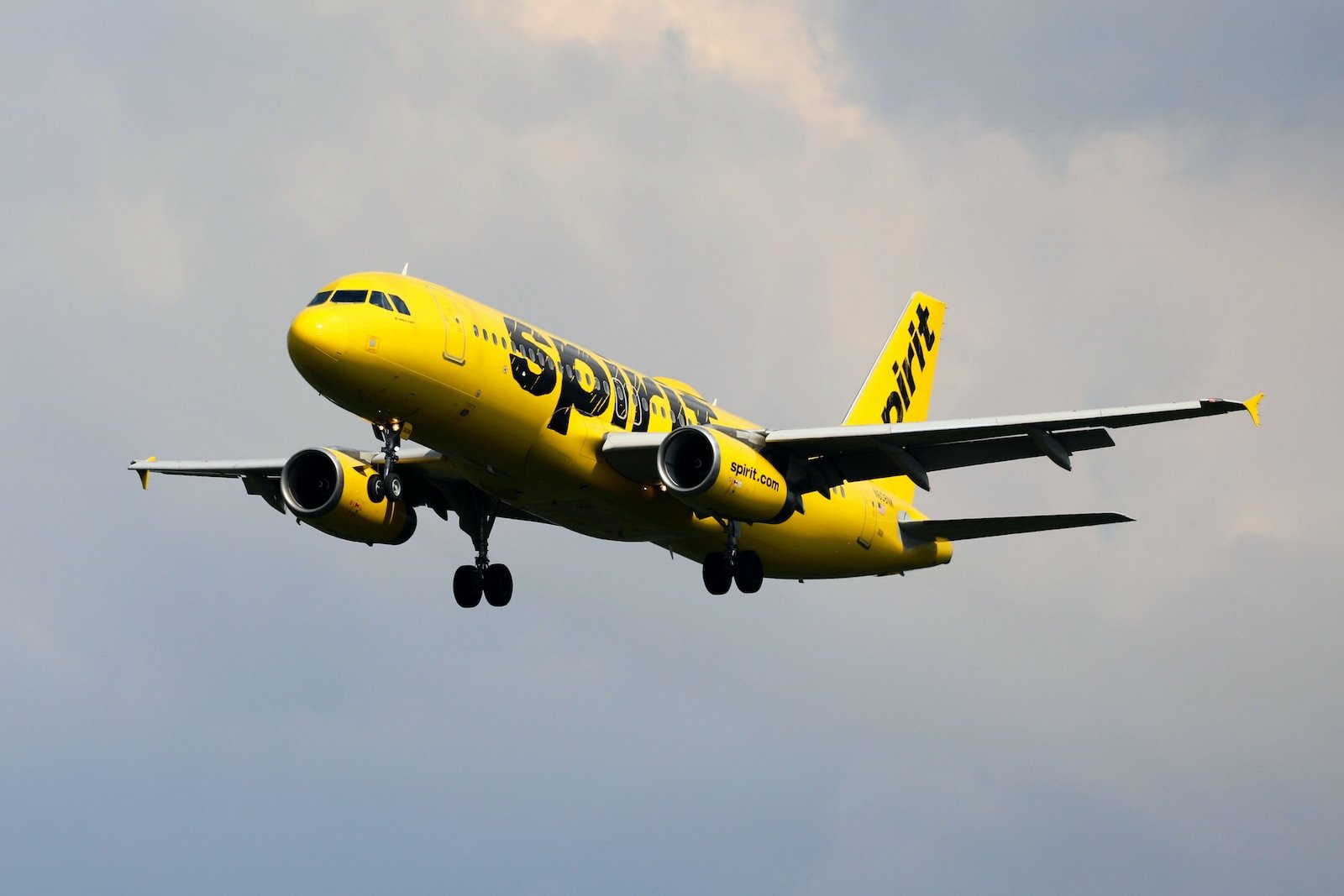Spirit Airlines, one of the leading carriers in the United States, is facing a challenging situation as it deals with a problem concerning seven Airbus A320neo planes. The issue lies with the Pratt & Whitney’s GTF engines, which have caused the company to take these aircraft out of commission until the end of the year. The CEO of Spirit Airlines, Ted Christie, expressed his concerns over this “disappointing development.”
RTX’s Troubling Revelation
The engine maker, RTX, recently disclosed some troubling news during an earnings call. It revealed that several Airbus passenger jets, including Spirit Airlines’ A320neo planes, will need to undergo engine removal and inspection due to a quality control issue with the Pratt & Whitney PW1100 engines. The problem is traced back to a “rare condition” in the powder metal used to manufacture certain parts between late 2015 and mid-2021, requiring an expedited fleet inspection.
Impact on Spirit’s Operations
The situation is not easy for Spirit Airlines, as the carrier is expected to have 13 of its engines among the first group identified for inspection by Pratt & Whitney. According to Ted Christie, the plan is to begin removing these engines from service after Labor Day, leading to the grounding of seven A320neo aircraft. This move will undoubtedly affect the airline’s revenue for the month of September, as it heavily relies on these GTF-powered NEO planes.
A Blow to Revenue and Operations
As the largest operator of GTF-powered NEO planes in the U.S., Spirit Airlines is now grappling with the financial consequences of this engine issue. The company has already suffered losses from weather-related problems and air traffic control challenges. Moreover, a softer than expected demand for peak summer travel further compounded the difficulties, with customers favoring long-haul international flights instead.
Uncertainty Looms Ahead
Christie expressed concern about potential further engine removals in the coming months. By mid- to late-September, Spirit Airlines hopes to gain clarity on whether more of their engines will need inspection and grounding. The uncertainty surrounding future operations adds to the frustration and disappointment felt by the airline and its management.
RTX’s Inspection Expectations
RTX revealed that around 200 Pratt & Whitney PW1100 engines will need to be pulled off and inspected by mid-September. Additionally, a staggering 1,000 engines will require inspection in the next nine to twelve months. The affected engines are commonly used to power the Airbus A320neo, a popular choice for midsize jet flights.
Spirit’s Dominance in Engine Production
Adding to the complexity of the situation, Spirit Airlines holds the record for the “highest number of engines produced during the 2015 to 2021 period.” This highlights the scale of the challenge they face in managing and inspecting their fleet of aircraft. The company is closely monitoring the developments to ensure minimal disruption to its operations and customer service.
As Spirit Airlines continues to address the GTF engine issue, the airline industry watches closely, knowing that such problems can have far-reaching consequences. The safety and reliability of aircraft engines are paramount, and any setback can impact an airline’s reputation and financial stability. For now, Spirit’s CEO Ted Christie remains hopeful that the issue will be resolved soon, allowing the airline to resume its operations smoothly and efficiently.
Download our app MadbuMax on the Apple App Store for the latest news and financial tools. Interested in getting your finances in order do not forget to check Dr. Paul Etienne’s best-seller book on personal finance. To access more resources, tools, and services please click here. Also, do not forget to follow Dr. Etienne on IG or Twitter.



